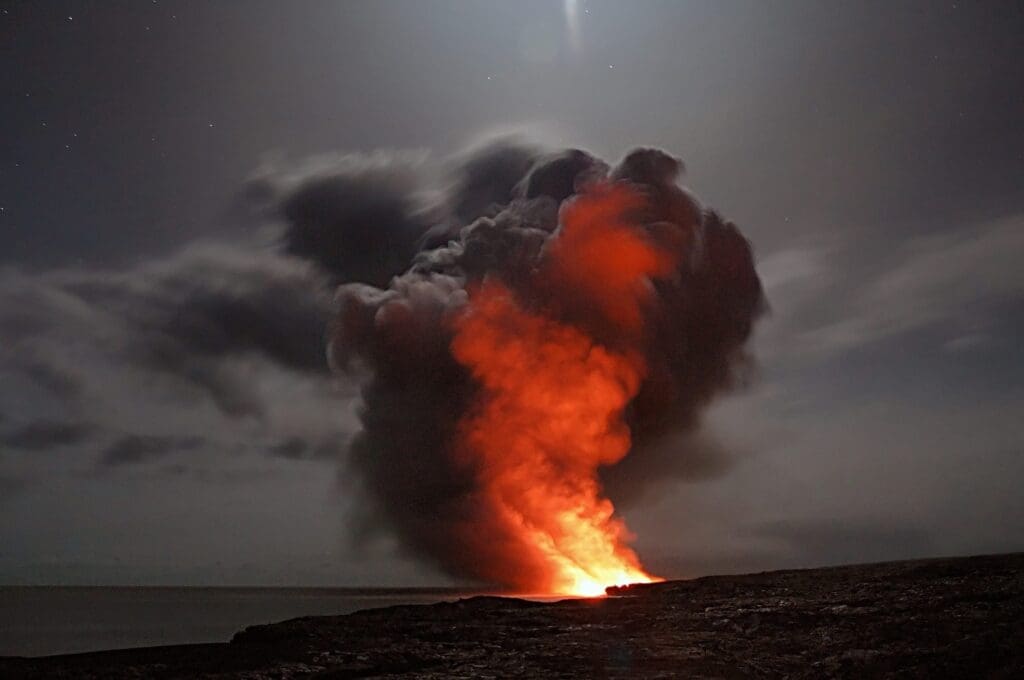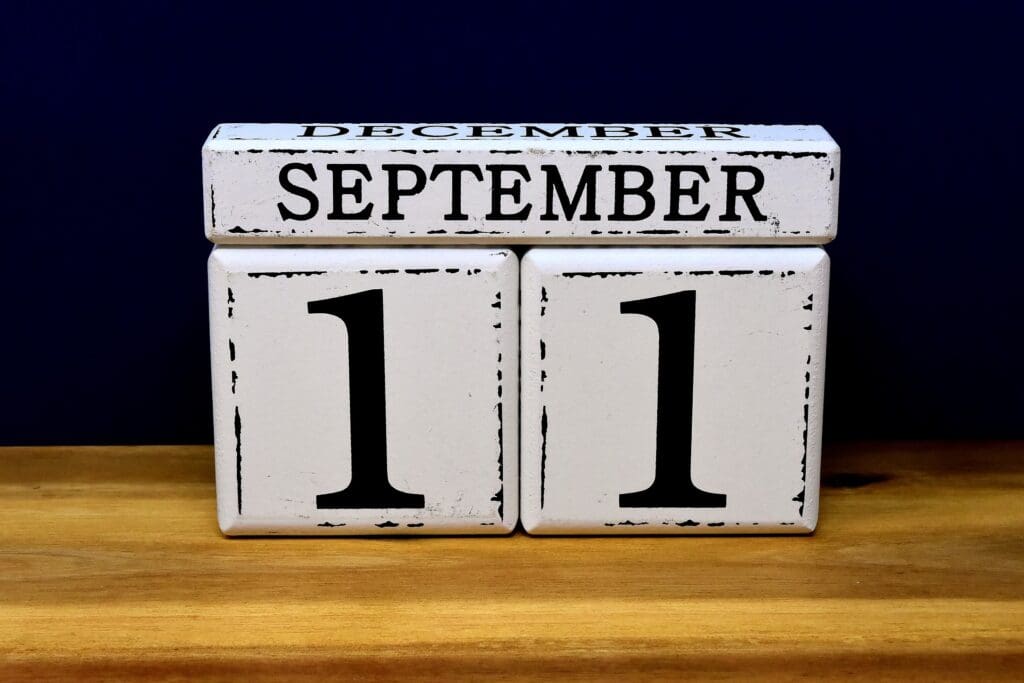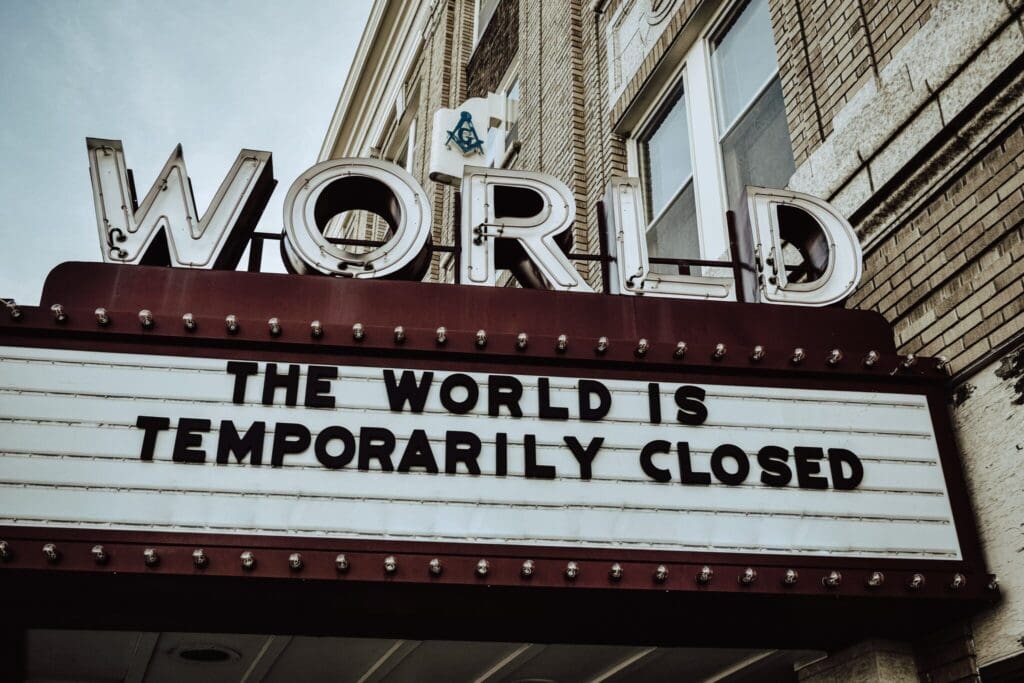There are countless examples of important historical moments that changed the world we live in today. Some occurrences inspired movements that transformed the world and wars that gave birth to new nations.
Choosing the most significant event in history is a subjective task by default. These instances are too numerous to list and difficult to compare throughout history.
We picked the events with the most significant far-reaching influence, even if it wasn’t necessarily the most renowned event in a particular year.
Industrial Revolution 1760

In the 18th century, new industrial advances enabled civilizations to concentrate, specialize, and flourish, resulting in the first Industrial Revolution. The first American factory was founded in 1790 by Samuel Slater.
The creation of machine-driven industries sparked a wave of urbanization, increasing global trade, social unrest, new sources of income, and new forms of authority. It changed the way people thought about labor and professions and social welfare and what it meant to make a livelihood.
The outbreak of World War I, 1914

On the 28th of June 1914, Archduke Franz Ferdinand and his wife, Sophie, were assassinated in Sarajevo by Gavrilo Princip. Following the First World War, there was a greater appreciation for women’s contributions to society. Several countries granted women the right to vote.
There was also a larger recognition of the role of the working class, which had battled in the war and now wished for a more peaceful future.
Russian Revolution 1917

The Bolshevik revolution, headed by Lenin, brought in a radically different type of government with global ramifications in October 1917. The Soviet Union changed the Russian people’s lives by bringing economic progress. However, this came at the cost of political oppression. The Soviet Union’s ideology also resulted in a long-running Cold War, an ideological division between western democracy and Soviet Communism.
Stock Market Crash 1929

Following the stock market surge of the 1920s, Wall Street stock prices plummeted in October 1929. This resulted in a long-term drop in share price, which triggered the worldwide Great Depression. Unemployment in the United States has risen to 25%, while global output and commerce have also decreased. The poverty and a sense of isolation that followed fueled the rise of political extremes throughout the world.
World War II 1939

Hitler took control of Poland on September 1, 1939, while France and Britain attacked Germany two days later, starting World War II. The destruction was practically unmeasurable: casualties were estimated to be between 70 and 85 million.
The end of World War II signaled the start of a new era for the global market. International trade began to increase again under the rule of a rising superpower, the United States of America and was supported by technology from the Second Industrial Revolution.
Foundation of United Nations 1945

Image from New York Times
The United Nations was founded on October 24, 1945. Its mission was to avert conflict and organize philanthropic operations to alleviate poverty, enforce civil treaties, and safeguard the environment. Despite its inability to stop hostility on several occasions, the establishment is considered a historical moment in history. The United Nations remains an essential international platform, with the United Nations Charter guaranteeing fundamental rights and liberties without difference or bias.
Hiroshima Attack 1945

Hiroshima and Nagasaki’s atomic bombing by the US in 1945 was one of the major historical events that changed the world. The Japanese surrendered due to the destruction, putting a stop to a long and costly Pacific conflict. Japan’s capitulation was once considered impossible. The atomic bomb, on the other hand, expedited Japan’s defeat.
The atomic bomb had far-reaching consequences that went beyond the conclusion of WWII. It demonstrated the destruction that a third global war could bring to the rest of the world. Even today, Hiroshima’s impact and the prospect of nuclear war loom large worldwide.
9/11 Terrorist Attacks 2001

In November 2001, 19 terrorists killed over 3,000 people in the greatest attack on American territory since the Japanese struck Pearl Harbor in 1941. The incident significantly impacted American foreign policy and was a driving force behind the contentious Iraq invasion.
Covid Pandemic 2019

Covid-19, a new virus, was discovered in China in late 2019 and, to date, remains the most significant event in human history. People were restricted to their residences, and offices were shut down due to substantial worldwide ‘lockdowns.’
Despite travel limitations, the virus spread to every country across the globe. The lockdown severely harmed the world economy, which resulted in a high increase in unemployment and a drop in the production of goods and services.
You must check out Global Pandemic: Plague of Athens to help make sense of global pandemics!

